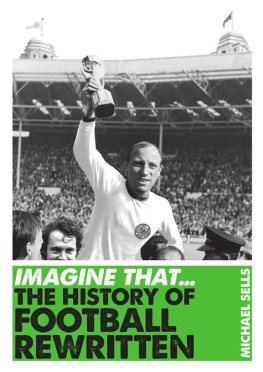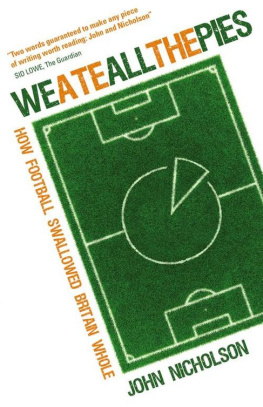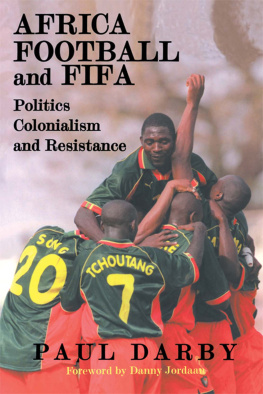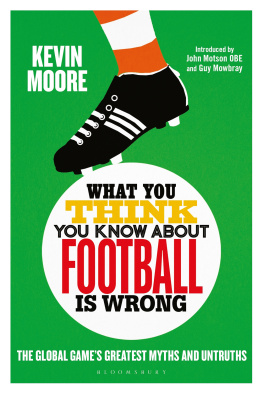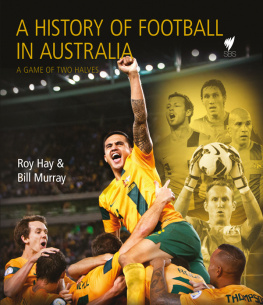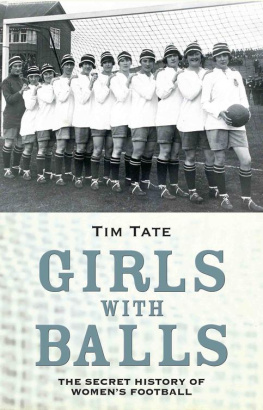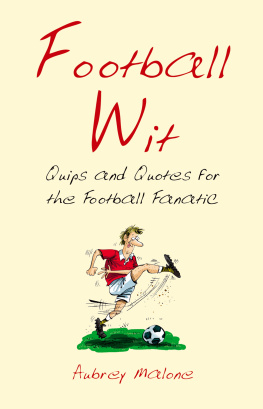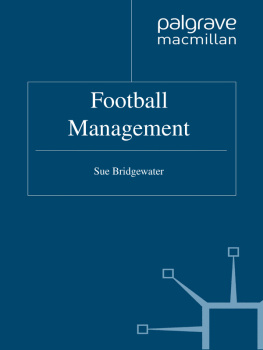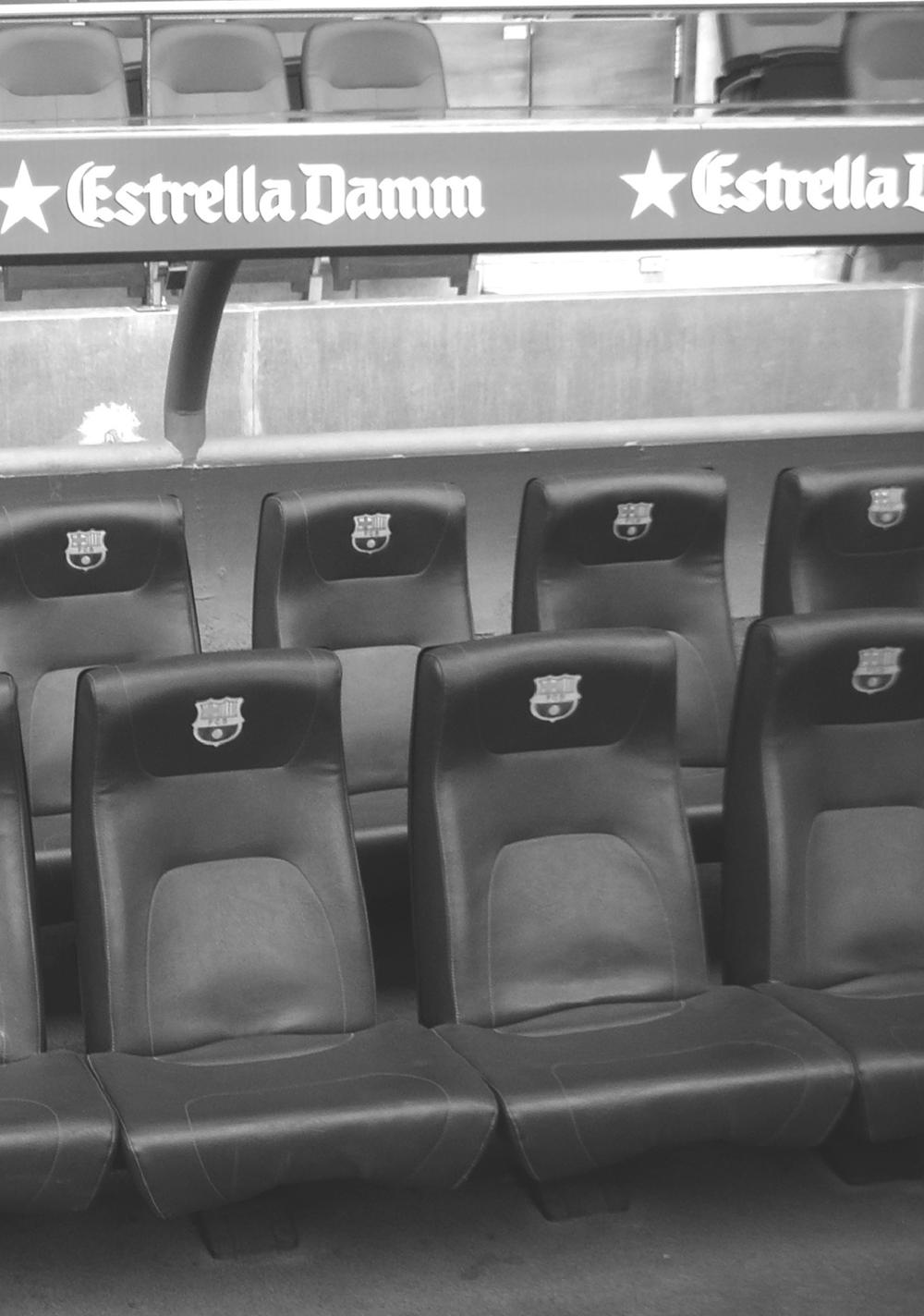Some of historys greatest stories are the tales of what might have been. The agonising missed chances, the harrowingly close shaves, the vital complications that affected a major outcome the course of history is a precarious one. Seemingly insignificant incidents can have the largest unforeseen impacts.
Scientists have pondered whether the flap of a butterflys wings on one continent could lead to a tornado on another, and these chains of cause and effect remain fascinating to us. In this book and the others in the series I take a look at those moments where the smallest tweak would have caused history to pan out very differently.
Hence the title, Imagine That
Michael Sells
Substitutions are never introduced to football and the game is rid of greed and disloyalty
It was a change that transformed the game and brought with it a wealth of new footballing lingo: the benchwarmer, the tinkerman, the supersub, the tactical change, the last throw of the dice, the impact player. It brought a whole new dimension to a managers job description and the game of football in general. The role and form of the substitution has come a long way in the years since its introduction over half a century ago.
Substitutions were first introduced by the International Federation of Association Football (FIFA) in 1953 in the run-up to the 1954 World Cup finals held in Switzerland. The qualifying stages were used as a test ground for the new idea, allowing teams to list twelve players in their match-day squad so that one player could be replaced should they receive an injury. There was obvious sense behind the idea. It meant that games would remain competitive provided that no more than one player from each team suffered injury, while removing the need for players to play on through serious injuries.
Twelve years later, on 21 August 1965, substitutions made their entrance on to the English domestic scene in a second-division fixture at Boltons Burnden Park stadium. Only a few minutes of the match had passed when the goalkeeper for visiting side Charlton suffered an injury. He would have to come off. It was the moment the Football Association (FA) had been waiting for, a chance to see the new concept in action. There was one small problem, though; Charlton hadnt brought a substitute goalkeeper with them. Nevertheless, a substitution was made and midfielder Keith Peacock made his way on to the pitch as a reshuffle saw left-back John Hewie don the gloves. In rather predictable fashion, Bolton struck four past the makeshift keeper as the game finished 42, but Keith Peacock had cemented his place in pub quizzes for years to come. The scoreline, however, highlighted the fact that there were still a few issues to iron out.
At the end of the following season, in the summer of 1967, the FA decided that a change was needed and gathered to discuss how best to proceed. The headline decision was that substitutions would remain a part of English football. They provided a common-sense solution to an unavoidable problem. However, the first two seasons to have featured substitutes had not been without controversy and in a manner far more worrying than Charltons missing goalie. An element of gamesmanship had slowly crept into proceedings. More and more injuries were occurring in seemingly innocuous situations, players apparently feigning injury under instruction so that they could be replaced. Suddenly the burden had fallen upon referees not only to spot fouls, but also to judge whether the resulting injuries were genuine. The FA decided that from the 1966/7 season onwards teams would be allowed to make substitutions for tactical reasons as well as due to injury. It was a turning point in football, representing the beginning of a more professional era. As in the earlier international matches, the substitutions ensured that teams would not be needlessly punished for their players injuries, but also afforded managers a new level of control once games were under way. They could tinker with their formations, replacing a defender with a striker when they were losing and vice versa when they wished to protect a lead. The game was becoming a far more fluid entity, evolving over the course of each 90-minute match.
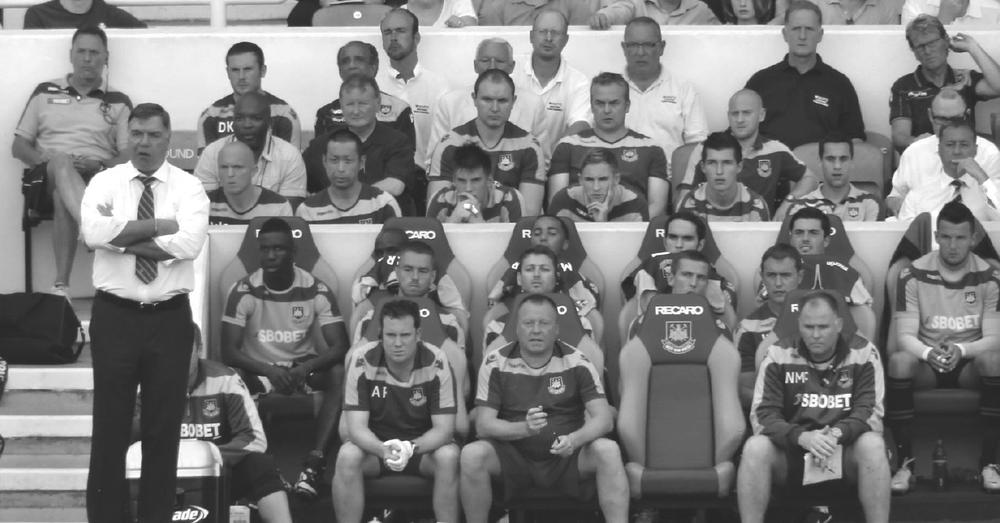
This is how it remained, on the domestic scene at least, for a couple of decades until towards the end of the 1980s when the Football Association began to tinker with the rules almost year upon year. In 1988 a period of great change in English football, and eventually worldwide, was nudged into action. It began with an increase in the number of substitutes allowed, from one to two, essentially increasing the match-day squad to thirteen. This made the latter stages of football matches far more competitive depending of course upon what type of players the manager selected for the bench. There was still no ruling over substitute goalkeepers, so trembling outfield players pulling on oversized jerseys and gloves remained a common sight. Then, in 1992, the top division in England was renamed and reformatted. The First Division became the Premier League. Intended to give the English game a glossy new finish following a decade marred by violence and resultant exclusion from European competition, the emphasis was on excitement. It was the beginning of an effort to neatly package the game for television and this transition period reformed an abundance of aspects, from gameplay to financial structuring. Naturally, the subs bench received an update as a further spot was added, with clubs now allowed to name and use three substitutes. As the substitution rules altered, squad sizes swelled. Whereas in the 1960s and 70s squads were typically no more than fourteen or fifteen players strong, at the start of the Premier League era the average squad size was nearer to 25 or 30. With more spaces available in a match-day squad, it made sense to retain more players overall.
A couple of years later, at the start of the 1994/5 season, goalkeepers received a boost. It became mandatory for teams to include a substitute goalkeeper, a change that had been a long time coming and marked a return to the original purpose of substitutions: to keep games competitive. The change was short-lived, however, as the stipulation for a substitute goalkeeper to be named was dropped the following season. Footballs focus had changed from competitiveness to drama.

